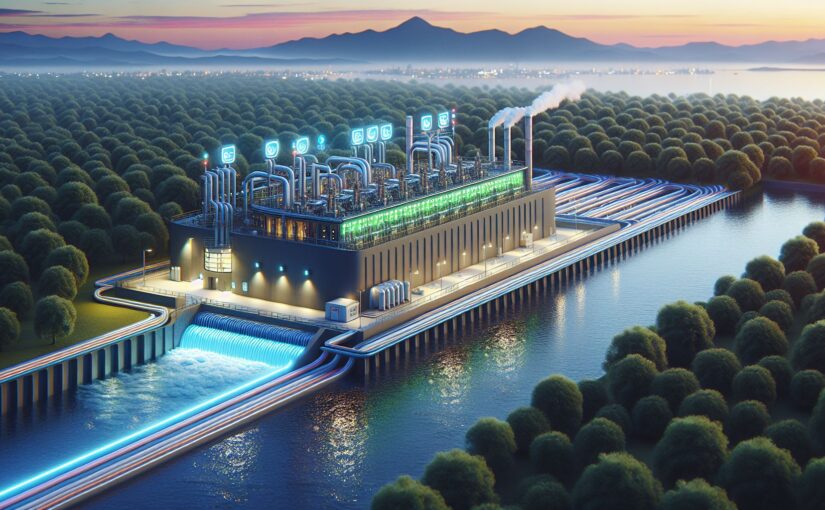Today, as our planet is in the throes of an imminent energy crisis, it is essential to explore innovative techniques for procuring energy. One such novel endeavor is wastewater treatment, which, surprisingly to many, can produce a significant amount of energy. This process is not only making strides in energy production but also contributes positively to environmental sustainability. By leveraging these systems, societies can profoundly curtail their environmental footprint and concurrently attain exponential amounts of renewable energy.
The sustainable technique of harnessing energy from wastewater revolves around the usage of Microbial Fuel Cells (MFCs). Essentially, MFCs are bio-electrochemical systems that drive a current by using bacteria and mimicking bacterial interactions found in nature. The power is obtained by mediating the transfer of electrons from the bacteria to the anode and subsequently to the cathode [^1^].
The process relies on the varying metabolic pathways adopted by diverse bacteria to convert the organic matter found in wastewater into electrons. This secretion of electrons then transfers to the anode of a microbial fuel cell, causing electricity to flow through the circuit to the cathode [^2^].
This process has opened a door to endless possibilities. For instance, scientists can use this method to generate electricity in remote areas where conventional modes of electricity production aren’t feasible or available. Moreover, this approach also signifies a tremendous step towards a circular economy, where waste is adequately utilized.
Likewise, these systems may also be used to power wastewater treatment plants themselves, creating a self-sustaining system and leading to massive energy and cost savings.
Simultaneously, the processed and purified water resulting from this treatment can be reused in industries and for irrigation, indicating a significant stride towards sustainable water management.
However, to fully leverage the potential of this technology, we need to address the challenges hindering its widespread implementation. It is an immediate priority to optimize and industrialize these systems to implant them into mainstream society successfully.
The advantages we can reap from rendering usable energy from wastewater are abundant. Not only will it hand us the key to a more sustainable future, but it can also significantly contribute to our enduring fight against energy shortages and environmental degradation.
[^1^]: Microbial fuel cells: Methodology and technology
[^2^]: Microbial fuel cells: From fundamentals to applications. A review
[^3^]: A review on the sustainability of constructed wetlands for wastewater treatment
